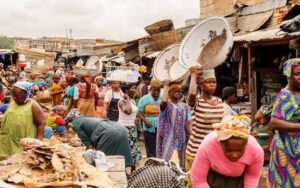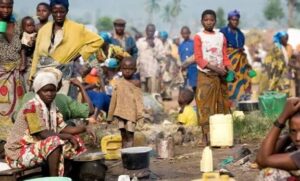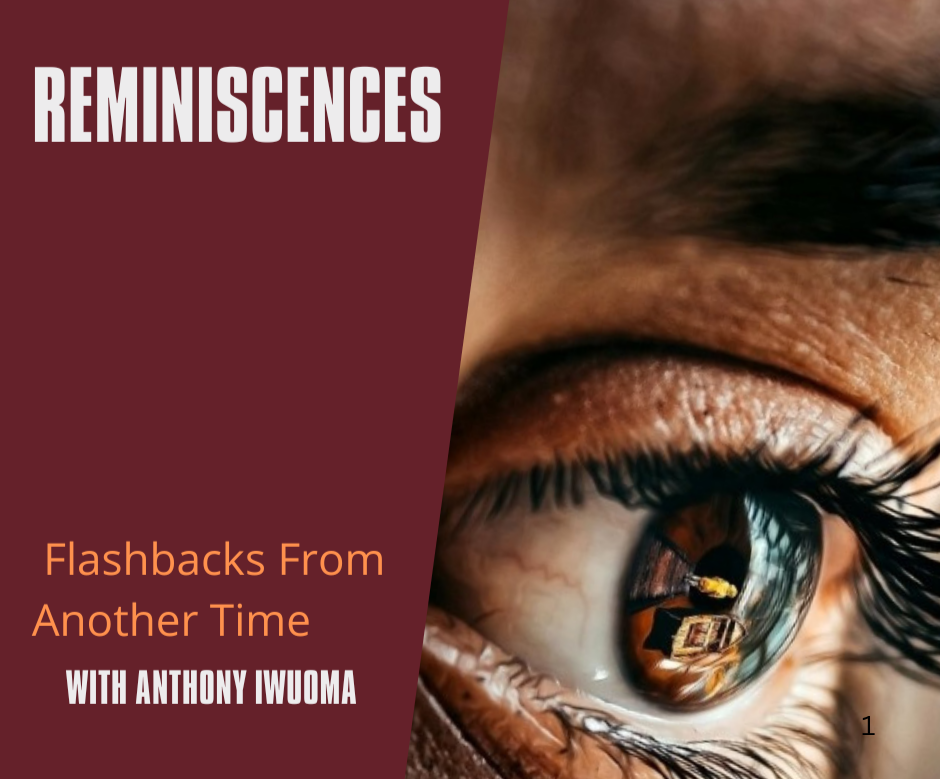
By Anthony
Kindly share:
In Nigeria today, the people of less importance are having a bad season, though nobody seems to notice, because those in power are busy chasing defections, counting spoils, and polishing their “relevance.” While ordinary Nigerians tremble under the weight of insecurity, hunger, and grief, their so-called leaders treat national crises like accessory afterthoughts, not existential threats.
Consider the recent horror in Kebbi State. In the pre-dawn hours of November 17, armed men stormed the Government Girls’ Comprehensive Secondary School in Maga, Danko/Wasagu, brutally killing one official, Hassan Yakubu Makuku, and injuring a guard.

They did not come for a debate or to lobby for higher policy; they came, according to police, with “sophisticated weapons,” and scaled the school fence to abduct 25 young female students from their hostel to an unknown destination. Security forces were quickly mobilised, police tactical units, military personnel, and vigilante groups began combing nearby forests, searching escape routes, pleading for the return of the children. The president himself reportedly gave “clear directives” for rescue operations. But already, many ask: will their return matter politically? Will their lives count as more than just headlines?
This is not an isolated incident, kidnappings of students have become tragically routine in large parts of northern Nigeria. Yet in the fractured national consciousness, these young girls are among the people of less importance. Their terror is real, but it registers mostly as a statistic in the daily news scroll, until the next big political gossip, the next scandal, the next defection.

Because what truly captures the ruling elite’s attention is not the suffering of their citizens, but the shifting of political allegiances. While bodies lay to rest and parents weep, our political class is more consumed by cross-carpeting than by cross-checking how safe their children are at school.
Take, for instance, the mass wave of defections into the ruling All Progressives Congress (APC). In 2025 alone, dozens of governors, senators, and lawmakers left the opposition for APC. The APC is reportedly now just two senators short of a constitutional two-thirds majority in the Senate, a terrifying reality for any notion of plural democracy. Political operatives assure us these defections are “voluntary,” borne of national interest, not coercion. Others whisper that it’s a clear, calculated march toward a one-party state, what some of the same leaders once decried. Even conservative voices warn: this defection spree betrays a design to stifle opposition.
And what is the opposition doing? Not fighting for the people, but fighting for itself. Instead of building a coherent alternative, the opposition parties are embroiled in infighting, internal power struggles, and fights over party offices. Their desperation to retain relevance, to keep some semblance of leverage, undermines any real challenge to the ruling class. The people, meanwhile, remain voiceless, boarded up in their classrooms, hunted in their villages, ignored in their suffering.

This grotesque political theatre takes place even as the violence around us escalates. We learn that militants from ISWAP (the Islamic State West Africa Province) claim to have captured and executed a Nigerian brigadier general, M. Uba, during a patrol in Borno State. That is no small loss of a military man, but not a political scandal middle-aged enough to derail grandstanding about which party office matters most. No national soul-searching, no systematic accountability. Just another headline, another justification for more “security recalibration.”
So, what do we have? Girls kidnapped, officials murdered, heartbroken families. A general killed. Security forces stretched thin. And at the same time, political actors trading in drop-ins and defection deals, as though party membership swaps are more urgent than the very survival of the state’s weakest citizens.
The irony is bitter. While bandits roam forests, infiltrating schools and snatching children, politicians roam corridors of power, shifting loyalties as if they were currency. The real currency, however, is shame, or rather, the absence of it. Because if politicians cared half as much about rescuing those girls as they do about rescuing their political careers, Nigeria might not feel like a country perpetually on the edge of collapse.
Every time a senator defects, every time a governor jumps ship, the message is loud: public service is not about serving the people, it’s about serving power. The people of less importance remain exactly that because the system rewards those who play the game, not those who save lives.
What hope remains for the thousands who are terrorised, impoverished, or abandoned? For the parents who pray for their children’s safety while the state gives them press statements? The only hope is that one day, enough citizens will recognise that their own suffering is not incidental; it is central. That their pain is not a side effect of politics, but the direct consequence of a system that values material gain and political positioning more than human life.
But until then, the people of less importance will continue to make headlines when disaster strikes, but never enough noise to claim priority. Politicians will continue to defect, divide, and dominate while ordinary Nigerians count their losses, bury their dead, and pray for rescue, not just of their loved ones, but of their humanity.
In our public discourse, we need to ask: If a nation cannot protect its citizens, if it cannot ensure the safety of its schoolchildren, if it cannot mourn its soldiers properly, can it still call itself a democracy? If power is more important than people, then what moral claim does leadership even have?
The mass killings across the land, the tragedy in Kebbi, and Chibok and Dapchi before it, the killing of a brigadier-general, the grand political defections; they are not unconnected events. They are different notes in the same discordant symphony. A symphony played by a ruling class obsessed with relevance, seduced by material gain, and blind to the suffering of the very population they rule.
Until the people of less importance are heard, until their lives are prioritised over party politics, until we demand that leadership be about more than performance and optics, the cycle will just continue. And that is the cruelest joke of all: a democracy where the powerless are powerless by design, and power means never having to say you’re sorry for ignoring them.




